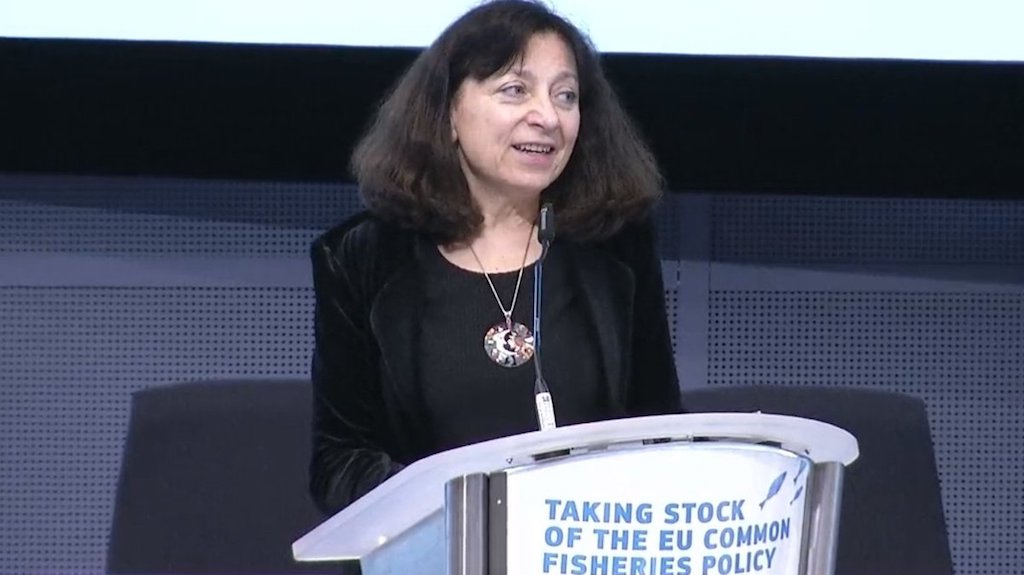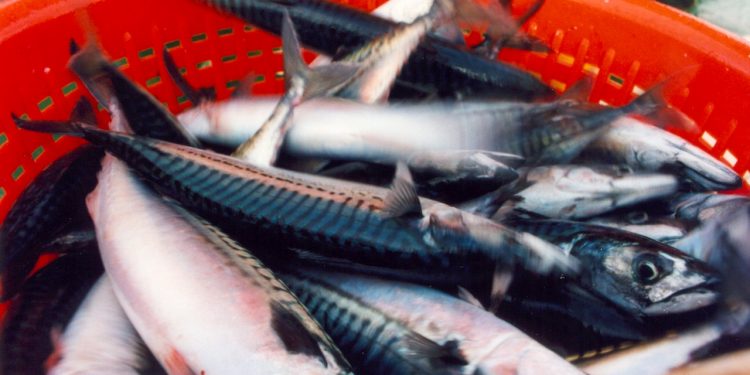The Pelagic Advisory Council hasn’t pulled its punches in lettes to EU Director General of Maritime Affairs and Fisheries Charlina Vitcheva, urging the Commission in two separate letters to take action on the ongoing situation facing North-East Atlantic mackerel stocks, in the light of ICES advice and the recommendation for a 22% reduction in the TAC.
‘If urgent action is not taken, we fear that the continued unsustainable exploitation of the mackerel stock will have long-term detrimental impacts on the EU fishing industry and the marine ecosystem in which mackerel plays a vital role. The latest ICES advice confirms our concerns,’ the Pelagic AC states in its letter to the DG, and states that the European Commission should take action immediately, to ensure the stock does not fall below safe biomass limits triggering zero catch advice from ICES.

‘PelAC welcomes the Commission proposal amending Regulation (EU) 1026/20121 that allows for actions to combat illegal, unreported, and unregulated (IUU) fishing, including the possibility of restricting access to the European market for those engaged in unsustainable fishing practices,’ the AC states, pointing out that the application of customs duties would further serve as a deterrent to stop unsustainable practices and breaches of international agreements. The Pelagic Advisory Council also urges the Commission to intensify its diplomatic efforts, particularly through the high-level dialogue group between the European Union and Norway.
In a separate communication, the AC sets out that it feels compelled to urgently share its concerns following the partial agreement reached between the UK, Norway, and the Faroe Islands on the sharing of Northeast Atlantic mackerel fishing opportunities.
‘We must express our serious concern regarding the persistent risk of parties setting excessive unilateral quotas, which would lead to another year of catches exceeding the Total Allowable Catch (TAC) established in line with scientific advice for 2024,’ the AC states in its letter, setting out that repeated irresponsible decisions by some nations ‘run contrary to the UN Convention on the Law of the Sea, and particularly the 1995 Straddling Stocks Agreement, and it should be established whether this can be qualified as IUU fishing.’
According to the Pelagic AC, this agreement between Norway, the Faroe Islands and the UK does nothing to solve the issue, but instead ‘rewards the setting of excessive, inflated unilateral quotas by some parties in recent years and legitimizes continuous overfishing based on these inflated quotas, which deviate significantly from the shares applicable under the last sharing arrangement.’
The AC states that it is now clear that in the absence of a comprehensive agreement between all Coastal States, the trend of setting excessive, inflated quotas can be expected to continue.
‘We also call on the European Commission and the Council of the EU to act decisively against this irresponsible behavior by utilising the market powers and other instruments at its disposal,’ the Pelagic Advisory Council stated in its letter to Charlina Vitcheva.









